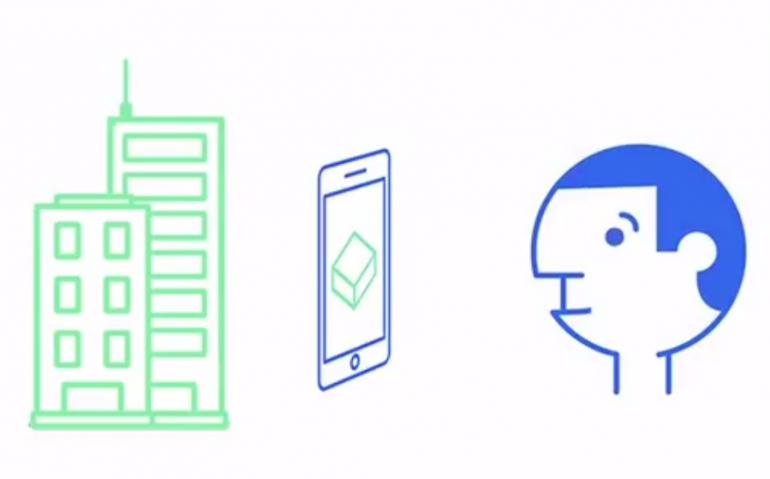AR Builder, a startup out of Vancouver that offers brands the chance the build their own augmented reality apps, has launched its fully customizable building app this week.
Essentially the company wants to bring augmented reality (AR) to the masses, via an easy-to-use app that can help businesses bring AR to their own solutions.
The company implied that many brands are still hesitant to implement AR in their marketing efforts, whether it be not fully understanding its capabilities, deeming it unnecessary or other reasons.
Yet, as CEO Reece Griffin said, due to its highly visual nature, AR easily turns the heads of its adopters – and in an exploding world of mobile devices, smart glasses, and other wearable devices. AR is gaining steam with the likes of retail giants Ikea and Volvo, so why not the little guy he asked?
 AR Builder is a website that empowers it’s users to build, publish, and update mobile apps that have AR features. Building your own AR features doesn’t require any computer programming experience, technical design experience, app store publishing licenses, or software development tools. The service costs $40 per month, which is well below the high costs of custom native app development.
AR Builder is a website that empowers it’s users to build, publish, and update mobile apps that have AR features. Building your own AR features doesn’t require any computer programming experience, technical design experience, app store publishing licenses, or software development tools. The service costs $40 per month, which is well below the high costs of custom native app development.
AR Builder is centred on ‘Points of Interest’, which is the term given to augmented reality targets in the real world. The service provides its users with tools to manage their points of interest, and leverages multiple varieties of AR technologies in a manner that lets the user mix location based points of interest with vision based points of interest. AR Builder users can upload or create multimedia documents to attach their points of interest so that their app users can learn more about their points of interest by interacting with them in the real world using an augmented reality viewer.
The practical uses for such apps are piling up, particularly in industries where people need to show others a product instantly, when it might not be possible to view in-person, like the real estate industry. It stands to reason that any ecommerce solution selling a product via mobile could even benefit from AR.
“Realtors, for example, can now create a custom solution that not only gives them a branded app store presence – but also exposes their potential client base to innovative consumer tools that answer simple questions like: Are there any listings this neighbourhood that I’m passing through?” asked Griffin. “Or, Can I see a walk through of the property in front of me even though I missed the open house?”
Ultimately, the CEO said the winners are going to be businesses that depend on providing contextual information in order to keep their customers returning or engaged. “You don’t have to use too much imagination to see how this will play into the hands of industries like tourism, education, and retail,” said Griffin.


